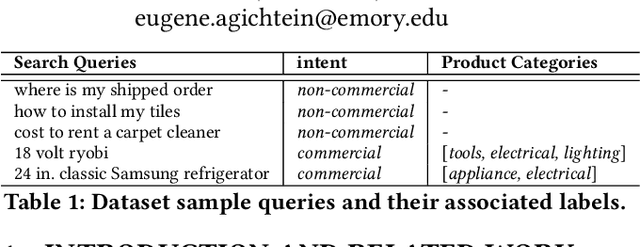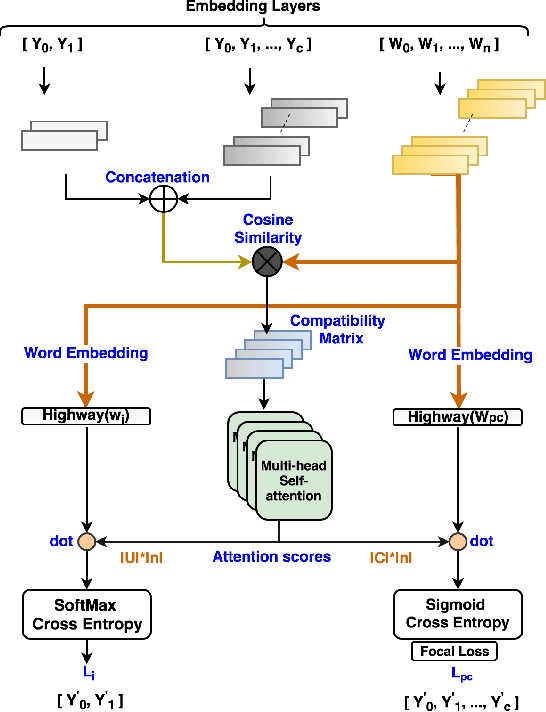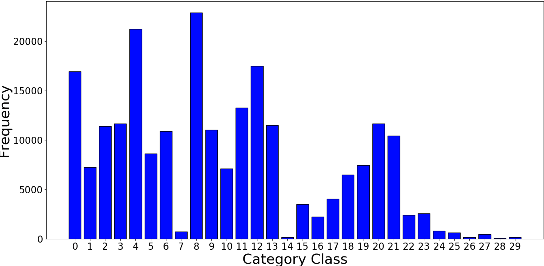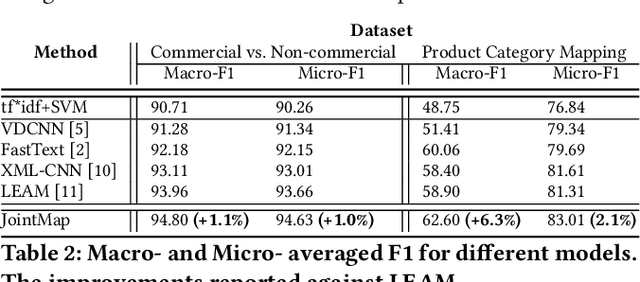JointMap: Joint Query Intent Understanding For Modeling Intent Hierarchies in E-commerce Search
Paper and Code
May 29, 2020



An accurate understanding of a user's query intent can help improve the performance of downstream tasks such as query scoping and ranking. In the e-commerce domain, recent work in query understanding focuses on the query to product-category mapping. But, a small yet significant percentage of queries (in our website 1.5% or 33M queries in 2019) have non-commercial intent associated with them. These intents are usually associated with non-commercial information seeking needs such as discounts, store hours, installation guides, etc. In this paper, we introduce Joint Query Intent Understanding (JointMap), a deep learning model to simultaneously learn two different high-level user intent tasks: 1) identifying a query's commercial vs. non-commercial intent, and 2) associating a set of relevant product categories in taxonomy to a product query. JointMap model works by leveraging the transfer bias that exists between these two related tasks through a joint-learning process. As curating a labeled data set for these tasks can be expensive and time-consuming, we propose a distant supervision approach in conjunction with an active learning model to generate high-quality training data sets. To demonstrate the effectiveness of JointMap, we use search queries collected from a large commercial website. Our results show that JointMap significantly improves both "commercial vs. non-commercial" intent prediction and product category mapping by 2.3% and 10% on average over state-of-the-art deep learning methods. Our findings suggest a promising direction to model the intent hierarchies in an e-commerce search engine.
 Add to Chrome
Add to Chrome Add to Firefox
Add to Firefox Add to Edge
Add to Edge